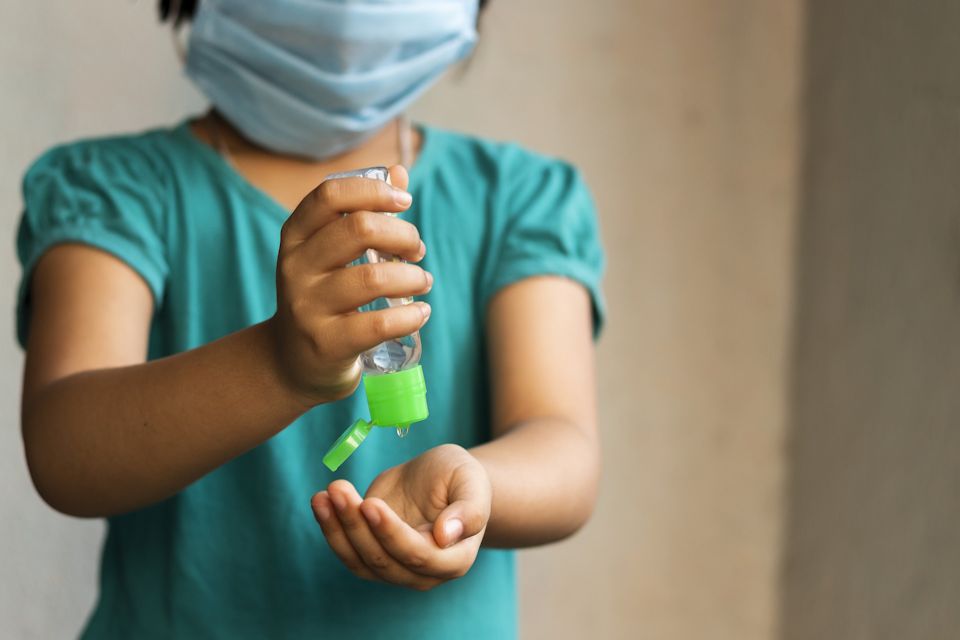The COVID Assurance Act (CAA) protects Michigan workers taking steps to prevent or slow the spread of COVID. It also protects churches that establish safety measures.
ANDREW J. VORBRICH
Michigan Conference Chancellor
This article is intended to impart general knowledge about the subject matter. It does not constitute legal advice, and no attorney-client relationship is created between the drafter and the reader. If you have specific questions, you should contact your own attorney, insurance provider, or other qualified counselors.
Recently, the “COVID-19 Response and Reopening Liability Assurance Act” (COVID Assurance Act, or CAA) became law in Michigan. The CAA (and related legislation) protects Michigan workers who take steps to prevent or slow the spread of COVID-19. It also protects churches that establish safety measures to keep workers, visitors, and their families safe.
Under the CAA, Employers (including churches) must allow workers exposed to COVID-19 or exhibiting symptoms of COVID-19 to stay home, and it prohibits retaliation against those employees. In addition, churches face minimum damages of $5,000 for violating the CAA. For more serious conduct or injuries, awards may be higher.
The CAA does not affect the Michigan workers compensation act.
If your church complies with all federal, state, and local statutes, rules, regulations, executive orders, and agency orders related to COVID-19, you are not liable if a person becomes sick at church; or under the Michigan Occupational Health and Safety Act for an employee or volunteer who becomes sick at work.
Churches do not need to comply 100% with applicable rules or regulations to benefit from CAA’s protections. An “isolated, de minimis deviation from strict compliance” from applicable statutes, rules, regulations, executive orders, and agency orders that is “unrelated” to the plaintiff’s injuries will not eliminate the protections provided by the CAA.
The takeaway is that churches, as employers, need to follow the rules set by the federal, state, and local agencies that are trying to protect people. So long as the church follows those rules, they will be protected from liability if an employee or other person contracts the COVID-19 virus during the scope of their employment or during church-related events. Remember that neither the church nor any other group gets to decide whether a given rule or law is necessary, smart, or a good idea. If a rule was set, it must be followed until it is repealed. Church events are commonly found to be dangerous and “mass spreaders” of the disease. Please do whatever you can to be safe and avoid contributing to the problem.
Although some of the established gathering restrictions are not enforceable against churches, those restrictions remain a good idea. Furthermore, all employees, including church employees, should wear a mask when indoors. Should remain 6 feet or more away from others. Should frequently wash their hands and use hand sanitizer. And should stay home if ill or exposed to someone who is.
Even if not soon enough, we will someday be able to gather again. And there will be much rejoicing! Until then, stay safe so that you are not missed when we get to join together as one.
May God Smile on You.
Last Updated on November 9, 2020

